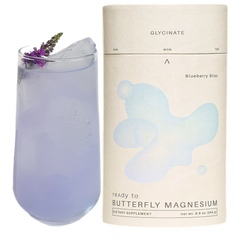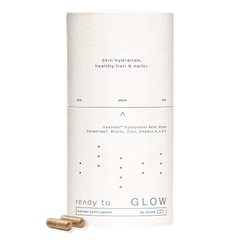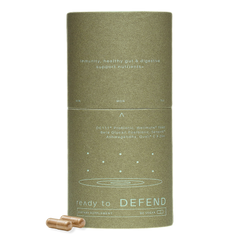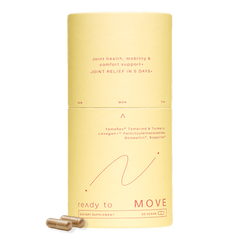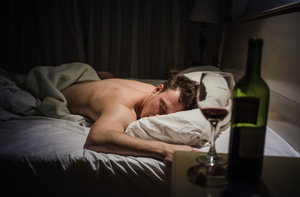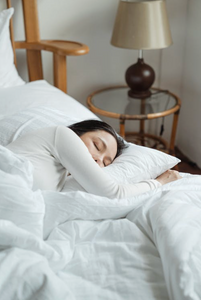Sleep and Alcohol

Many of us love unwinding after a long day with a nightcap; However, alcohol has numerous repercussions on sleep. There are numerous scientific findings surrounding the intricate relationship between alcohol consumption and its effects on our sleep patterns.
Disrupted Sleep Architecture:
A variety of studies, including one published in the "Journal of Clinical Sleep Medicine" (Roehrs and Roth, 2001), have demonstrated that while alcohol may initially induce drowsiness, it disrupts the overall architecture of sleep. Specifically, it interferes with the natural progression through sleep cycles, leading to fragmented and less restorative sleep.
Suppressed REM Sleep:
The Rapid Eye Movement (REM) stage of sleep is crucial for cognitive function and emotional well-being. Research conducted by Ebrahim et al. (2013) and documented in the "Alcoholism: Clinical and Experimental Research" journal reveals that alcohol consumption can suppress REM sleep, potentially contributing to feelings of grogginess and impaired cognitive performance upon waking.
Increased Sleep Apnea Risk:
Individuals who regularly consume alcohol, especially in the hours leading up to bedtime, may experience an exacerbation of sleep apnea symptoms. The American Academy of Sleep Medicine (AASM) highlights that alcohol relaxes the muscles in the throat, increasing the likelihood of airway obstruction during sleep.
Impact on Insomnia:
While alcohol is often perceived as a sleep aid, a study in the "Journal of Abnormal Psychology" (Brower, 2001) suggests that chronic alcohol use may contribute to the development or exacerbation of insomnia. As tolerance builds, the sedative effects diminish, leading to a cycle of increased alcohol intake to induce sleep.
Disrupted Circadian Rhythms:
The circadian rhythms, our internal biological clocks, play a pivotal role in regulating sleep-wake cycles. A study led by Rupp et al. (2012) and published in the "Journal of Biological Rhythms" indicates that alcohol consumption can disrupt these rhythms, potentially leading to irregular sleep patterns and difficulties in maintaining a consistent sleep schedule.
Understanding the intricate relationship between alcohol and sleep is vital for making informed choices about our nightly rituals. While the initial sedative effects of alcohol may seem tempting, the scientific evidence presented here emphasizes the potential long-term impact on the overall quality and structure of our sleep.
References: Roehrs, T., & Roth, T. (2001). Sleep, sleepiness, and alcohol use. Alcohol Research and Health, 25(2), 101–109. Ebrahim, I. O., Shapiro, C. M., Williams, A. J., & Fenwick, P. B. (2013). Alcohol and Sleep I: Effects on Normal Sleep. Alcoholism: Clinical and Experimental Research, 37(4), 539–549. Brower, K. J. (2001). Alcohol's Effects on Sleep in Alcoholics. Alcohol Research and Health, 25(2), 110–125. Rupp, T. L., Acebo, C., & Carskadon, M. A. (2007). Evening alcohol suppresses salivary melatonin in young adults. Chronobiology International, 24(3), 463–476.
Kate Ong
Kate is a student at the University of Pennsylvania studying Economics and English. She is originally from the Philippines and joined the Ready To team in 2023. She is passionate about transparency and ingredient traceability.
DATE
May 10, 2024No products found in this collection.
